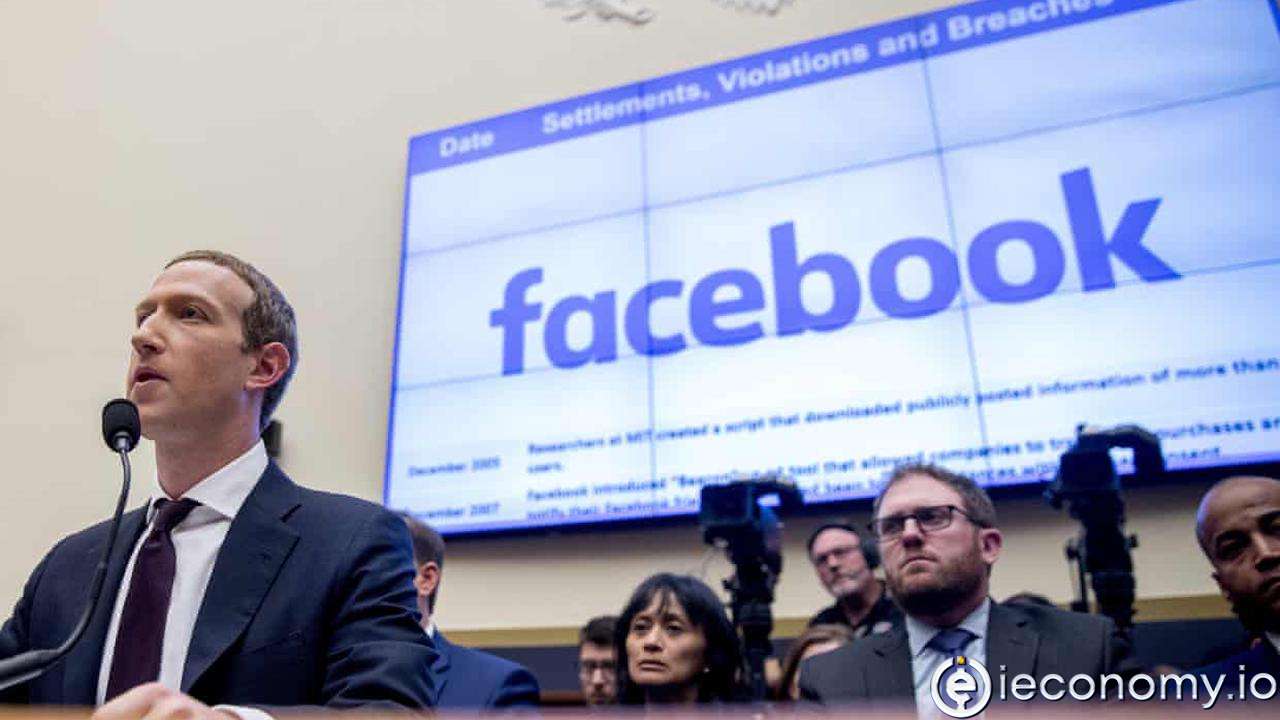2529
0
The US government sues again against Facebook "monopoly"
The US government sues again against Facebook "monopoly". Antitrust watchdogs are amending the lawsuit calling for Facebook to be split up.

Yazar: Tom Roberts
Yayınlanma: 22 Ağustos 2021 21:45
Güncellenme: 20 Şubat 2026 02:12
The US government sues again against Facebook "monopoly"
The US government is starting a new attempt to break up the online giant Facebook in court. The trade authority FTC submitted a corresponding antitrust lawsuit in a revised form. The responsible judge James Boasberg had rejected the first version in June on the grounds that the FTC had not provided sufficient evidence for an alleged monopoly of Facebook in the market for social networks. The agency had accused tech billionaire Mark Zuckerberg's group of unfair competition in the lawsuit originally filed in December and discussed the separation of the Instagram photo platform and the Whatsapp chat service. Facebook only bought the companies in order to eliminate them as competitors, was the reason. Judge Boasberg had initially given the FTC 30 days to amend the lawsuit. Thereafter, the deadline was extended to August 19. Facebook has illegally bought up innovative competitors whose mobile applications have been successful where their own offers have failed, the FTC now emphasized. Facebook "lacked the business intelligence and technical talent to survive the change to the mobile," said FTC representative Holly Vedova. Facebook's advertising platform was originally geared entirely towards using the network on the PC. The company was initially caught off guard by the widespread change in users to smartphones. However, Facebook got the situation under control relatively quickly with new types of ads such as advertising in users' newsfeed. As demanded by the judge, the FTC now provided more arguments to prove Facebook's monopoly position. The authority relies primarily on the development of user numbers and analyzes of the time people spend on the platform. At the same time, the FTC tried in the lawsuit to clearly define the market for social networks. Accordingly, there are platforms on which users maintain contacts with friends and family and at the same time share contributions and experiences in a common space. Based on this definition, the FTC sees Twitter, Youtube and the emerging video platform Tiktok, for example, in other categories - because they are more geared towards the use of content than personal connections.İLGİLİ HABERLER





European stocks soared and focus shifted to German retail sales after Powell's speech!

Forex Signal For TRY/USD: Inflation Slowdown in November.

Forex Signal For GBP/USD: Bullish Trend Still Not Breaking While Recovery Continues.

Forex Signal For EUR/USD: Starry US Data Points to Higher Fed Increases.

Forex Signal For BTC/USD: Downside Continues as Bitcoin Recovery Moves Less.
En Popüler Haberler
Yorum Yap
Yorumlar
Henüz yorum yapan yok! İlk yorumu siz yapın...